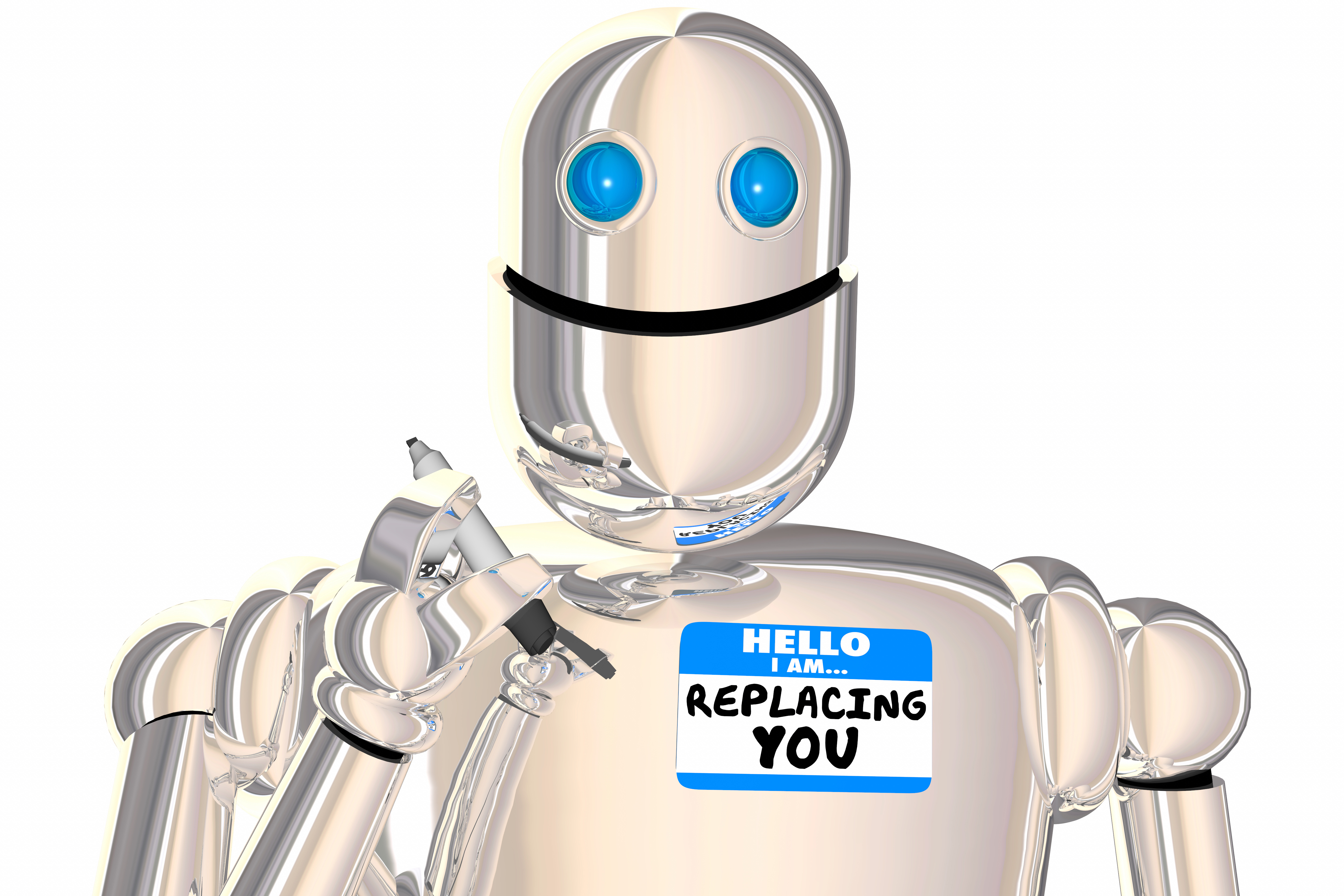
<h2>Future generations of New Zealand school-leavers have slightly less to fear from increasing automation than their international peers, the latest global research indicates.</h2>
<p>The recent PwC’s study ‘Will robots really steal our jobs?’ has found that New Zealand is well positioned to manage the three coming waves of automation between now and the mid-2030s. New Zealand has the sixth-lowest share of jobs that are at high risk of automation, the report found.</p>
<p>On average across the 29 countries covered, the share of jobs at potential high risk of automation is around 3 percent by the early 2020s, but this rises to almost 20 percent by the late 2020s, and 30 percent by the mid-2030s.</p>
<p>In New Zealand, however, the risk rises to only 24 percent by the mid-2030s.</p>
<p>According to Andy Symons, Innovation Partner at PwC New Zealand, New Zealand will fare better than others thanks to this country’s higher concentration of jobs in industries with relatively low potential automation rates.</p>
<p>“The data suggests New Zealand has the opportunity to continue creating jobs for people as the world navigates through the coming waves of automation. We have a workforce that’s built on roles that are less automatable on average than many countries around the world.”</p>
<p>Nevertheless, this does not mean we can afford to be complacent, Mr Symons says, with education one of the key areas that will need to adapt.</p>
<blockquote>
<p>“Both businesses and government should be developing strategies around retraining options for workers and building an education system that allows us to replace jobs that are lost through automation,” he says.</p>
</blockquote>
<p>Between now and the mid-2030s, PwC expects three waves of automation to reshape the global economy.</p>
<ul>
<li>The algorithm wave, which is already underway and involves automating structured data analysis and tasks, such as credit scoring. This wave will come to maturity by the early 2020s.</li>
<li>The augmentation wave is also underway and will mature later in the 2020s. The augmentation wave is focused on automating repeatable tasks, as well as the use of aerial drones, robots in warehouses and semi-autonomous vehicles.</li>
<li>In the autonomy wave, which could come to maturity by the mid-2030s, artificial intelligence (AI) will be able to analyse data, make decisions and take action with little or no human input. An example is fully autonomous driverless vehicles, which could roll out at scale in this phase.</li>
</ul>

Loneliness and social disconnection negatively impact wellbeing. A new WHO report finds teens feel the…
Should play-based learning be part of the primary curriculum? Researchers asked primary teachers from Australia…
Working with ASSA ABLOY, the school has eliminated potential emergency rekeying, and removed the guesswork…
Lithuania will be providing free AI technology to every secondary school in the country.
Whether it’s sharing important updates, boosting morale, or showcasing student success, digital displays are becoming…
Industrial, legal action and unrest between the education sector and the Ministry of Education rises…
This website uses cookies.